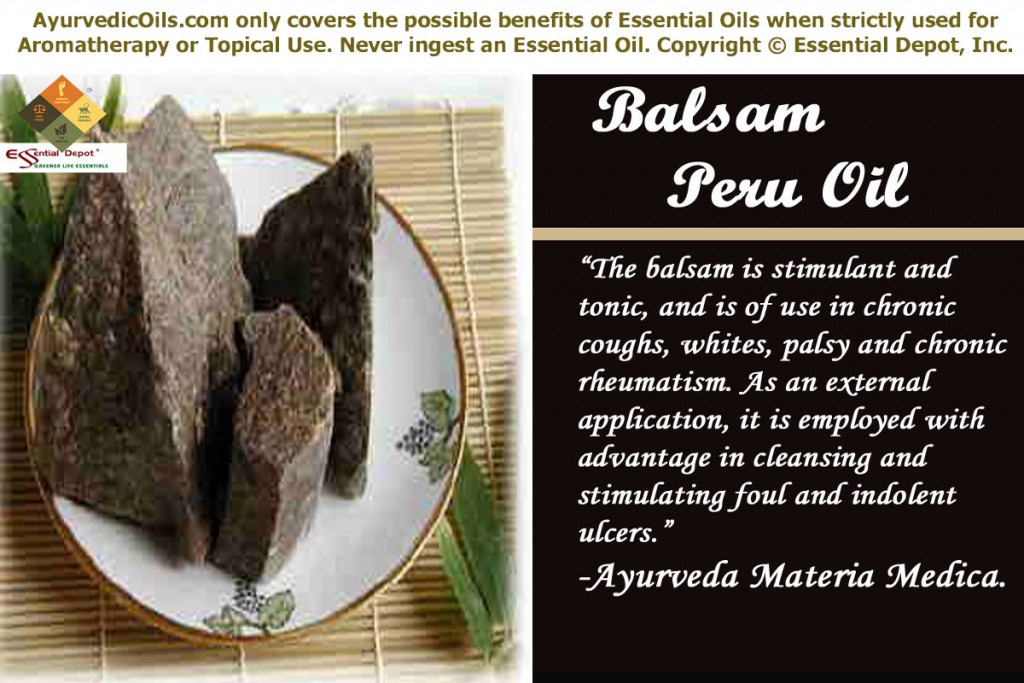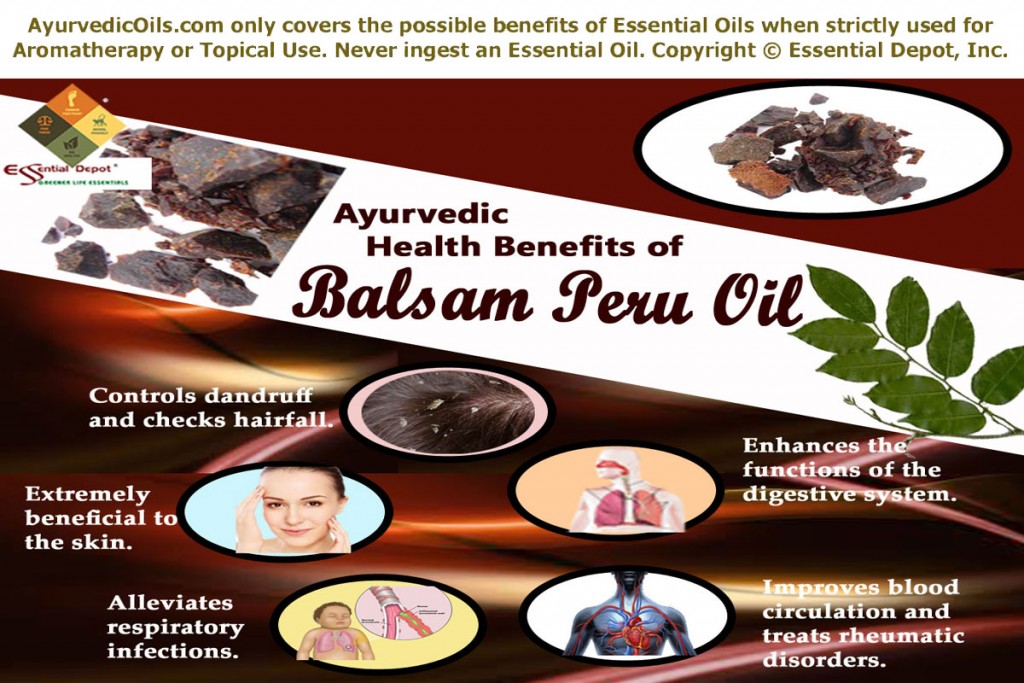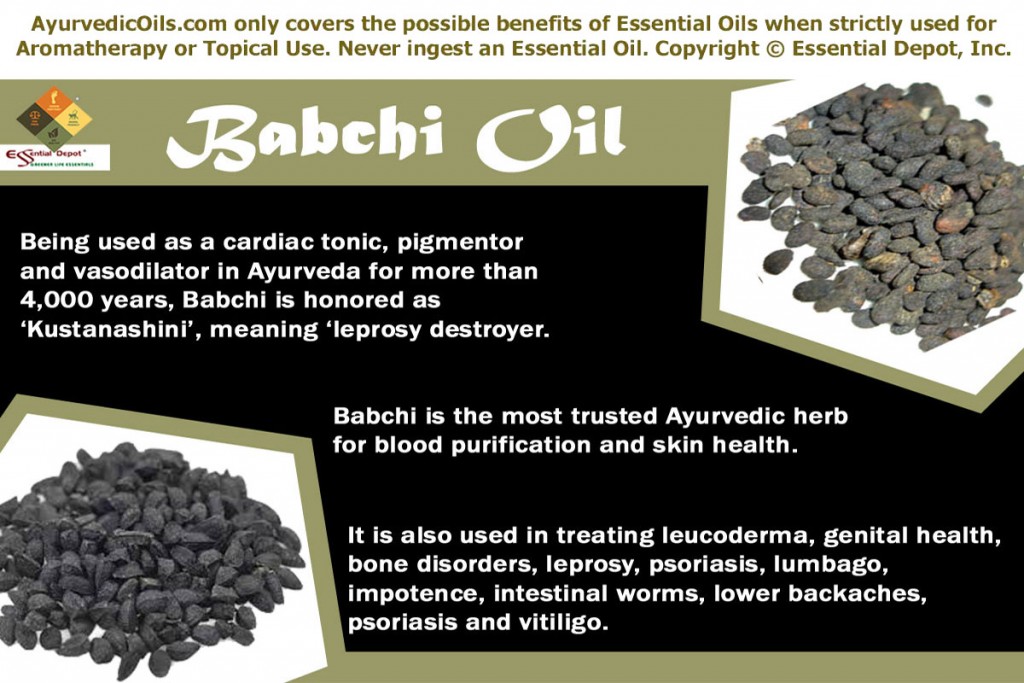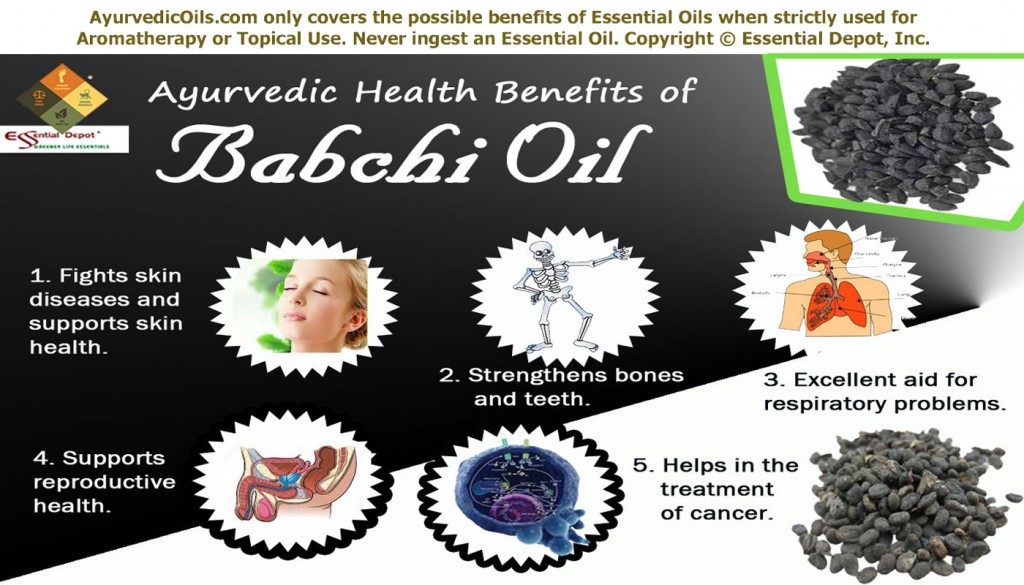Tagetes minuta is how the botanical world calls Marigold, also known as Mexican marigold, African marigold, Khaki Bush and Tagetette. It is another popular member of the Compositae plant family along with Sunflower and other daisies. With its strong, sweet, wild, fruity and slight citrus-like aroma, the essential oil of Tagetes is used worldwide for its effectiveness in treating infections and foot problems.
Ayurveda calls Tagetes as Sthulapushpa and the flowers of this plant were offered to God as a strong sign of surrender. Symbolizing auspiciousness, the bright orange or saffron color flowers of tagetes plant instills divine trust and its striking aroma is said to grant the willpower to surmount impediments.
Historical importance of Tagetes and its essential oil:
‘Tagetes’ is named after the Etruscan God ‘Tages’, the eminent God of wisdom. The familiar name ‘Marigold’ gets its name after Mother Mary and was initially called as ‘Mary’s Gold’.
The most popular historical use of Tagetes was its use as a promising insect repellent and this was the major reason for using these flowers as decorative hangings in the entrance of the homes. Infectious insects such as mosquitoes, flies and few other pests are kept at bay with the use of these flowers in the Indian sub-tropical regions.
Marigold is offered to Mother Mary on 25th March every year. This day is considered as the sacred day when the Angel Gabriel informed Mother Mary about the arrival of Jesus Christ. Certain traditions sow the seeds of this plant in pots, especially as a representation of blessedness and endurance to invite the heavenly power.
Australian troops brought Tagetes plants to their native land from South Africa after the Boer War and used it as an important ingredient in numerous foot medications. It is also said that Marigolds were traditionally used for creating psychic awareness and is known to augment mental alertness.
The essential oil of Tagetes is also used in many perfumes and was also used as diluted oil for killing young insects in open wounds.
The traditional Chinese medicine used the flowers of Tagetes minuta in the treatment of cold, whooping cough, sore eyes, colic and mumps. The famous perfume substance ‘Attar Genda’ in India is prepared with the flowering tops of this plant.
The dried herb is used as a famous condiment for flavoring stews and rice in Argentina and Chile. Known as Sadbarga in Pakistan, the paste of the fresh leaves of Tagetes is applied on wounds to kill germs.
Ayurvedic health benefits of Tagetes essential oil:
Ayurveda is a spiritual science that considers human body as a temple where the real spirit dwells in. It aims in granting a balanced living with the wellness of mind, body and spirit.
Being the mother of all healing sciences on earth like Traditional European Medicine, Unani, Traditional Chinese Medicine and much more, Ayurveda appreciates individual differences and considers every individual as a unique part of nature with a unique combination of doshas or vital energies (vata, pitta and kapha).
With this belief, Ayurvedic treatments suggest the use of natural remedies like herbs, essential oils extracted from parts of plants, practicing simple physical exercises, yoga, meditation and following a simple Ayurvedic routine to lead a serene life on par with nature.
Ayurvedic texts state that the moisturizing and gentle heating energies of Tagetes essential oil have antispasmodic, vulnerating, hypotensive, tranquilizing, anti-inflammatory, alterative and antiseptic properties. This oil is highly beneficial for individuals with pitta predominance.
Let’s take a look at the natural healing benefits of Tagetes essential oil according to the methods of usage.
1. Ayurvedic massage therapy:
Massaging is the best way of using essential oils as the therapeutic properties of these oils heal the system by easily penetrating through the skin cells when massaged in an authentic manner. Massaging your body or the affected areas with few drops of Tagetes oil blended with carrier oils like coconut oil, sesame oil or jojoba oil is proven to treat many health conditions.
Respiratory infections:
Tagetes essential oil has been an age old remedy in treating infections and other problems of the respiratory system. The antispasmodic and calming properties of this oil are highly beneficial in dealing with all kinds of spasms in the body. It provides great relief from convulsions, diarrhea, cramps and spasmodic coughs.
A warm massage aids in eliminating congestion, expanding the bronchial channel, enabling the flow of mucus and soothe certain other types of chest infections.
The study on ‘Herbal Remedies for Asthma: An Overview’ published in the Journal of Chemical and Pharmaceutical Research states that the presence of the active chemical components like α-Terthienyl, Quercetagetrin and Patuletrin in Tagetes minuta essential oil showed ‘bronchodilatory, spasmolytic, tranquillizing, hypotensive and anti-inflammatory activities’, thus proving it effective against respiratory disorders including asthma.
Pain and inflammation:
The essential oil of Tagetes has tranquilizing and sedative properties that sedates pain, irritation and inflammation in the nervous system, digestive system and respiratory system.
It calms the body, soothes the mind and helps alleviate stress, anxiety, anger, depression and other negative feelings. The most reliable book ‘Ayurveda and Aromatherapy’ by Light Miller and Bryan Miller states that Tagetes oil is very effective in ‘softening any hardened tissue such as scars, calluses, rough skin etc’.
2. Bath oil:
Adding few drops of Tagetes oil to your warm bathing water can be of great assistance in treating coughs, wounds, cold, chest infections, flu and infestations of micro-organisms. A hot foot bath with 2 to 3 drops of Tagetes oil is recommended to soften corns and calluses and heal bunions.
3. Creams and skin care lotions:
When added to your favorite creams and lotions, tagetes oil works wonders on your skin. The antiseptic, disinfectant, anti-biotic and antimicrobial properties of this oil helps in dealing with infections caused due to microbes like bacteria, virus and fungi. The most common health conditions due to the effect of microbes are dermatitis, septic, athlete’s foot, malaria, tetanus and typhus.
Open wounds, cuts, scratches, sores and skin ulcers get affected and worsen with the invasion of biotic growth of bacteria, protozoa and certain other parasites. Tagetes oil restrains the biotic growth of similar organisms and helps in healing such skin conditions. A 2004 study on ‘Antibacterial activity of Tagetes minuta essential oil with different chemical composition’ proved that Tagetes oil has antimicrobial properties and is effective against Gram-positive bacteria.
4. Vapor therapy:
Using few drops of Tagetes essential oil in vapor therapy supports in treating bronchitis, coughs and other chest infections. Inhaling the steam with the medicinal properties of this oil aids in loosening the mucus formation and opens up the blocked bronchial and nasal passages.
5. Insecticides and pesticides:
Tagetes essential oil is a powerful pesticide and insecticide that helps in getting rid of harmful insects and parasites like fleas, bed-bugs, mosquitoes, lice and few others. Applying the diluted Tagetes oil on the affected area will also normalize the pain and allergies caused due to stings and bites of such insects.
You can add few drops to your room spray or add it to your burners or diffusers to keep away from pests and insects. A 2010 Pakistani research validates the traditional use of Tagetes minuta as insecticide and proved that Tagetes contains ‘economically important compounds effective against human disease and seed pests’.
Disclaimer:
Tagetes essential oil is powerful and should be used only after diluting in mild carrier oils. Avoid using this oil on children and on pregnant women. This oil is also said to have phototoxic effects that may cause skin irritation if exposed to sun within 12 hours of application. Do not take this oil internally as it is recommended only for topical application and consult your Ayurvedic Practitioner before using it.
Tagetes Essential Oil – Possible Skin Issues:
Greener Life Diamond – Bio-Healthy Score => 3 – Possible Skin Issues:
See => http://www.essentialdepot.com/GreenerLifeDiamond.html
Tagetes oil is said to cause phototoxic effects mainly due to the presence of limonene, just like the citrus oils. It expresses skin sensitization if the oil is oxidized and it is safe to avoid oxidized and old oils. Essential oils that are phototoxic in nature can cause skin sensitization, irritation of the skin, contact dermatitis, hyperpigmentation and certain other allergic reactions.
This is the result of photosensitivity stimulating effect, when the skin is in contact with visible sunlight for up to 12 hours of use of this oil for cosmetic purposes. Tagetes oil has photoactive chemical components that observe the ultra-violet light radiation and accounts to toxic effects by way of molecular changes in the skin surface.
The maximum level for dermal use is 0.01% according to the International Fragrance Association (IFRA), on the parts of the skin that are exposed to sunlight and is not applicable for rinse-off products. IFRA recommends this safety level based on the unpublished study of RIFM (The Research Institute for Fragrance Materials).
SCCP (The Scientific Committee on Consumer Products) suggests that, since “no safe limit of use in cosmetic products has been demonstrated”, Tagetes oil and its absolutes should be avoided for use in the manufacturing of Cosmetic products.
Tagetes oil is said to cause allergic reactions like skin rashes for people who are generally allergic to daisy flowers and any other flowers from the plant family, Asteraceae, including Chrysanthemum, Marigold and Ragweed.
Never use essential oils internally and for topical application, ensure that you blend Tagetes oil with gentle carrier oils, as essential oils are highly concentrated substances and may harm the skin, when used directly.
Though Tagetes oil has been claimed as an oil with the lowest toxicity, studies have proved the mild irritating effects of Tagetes oil on rabbits, its allergic contact dermatitis, primary eye irritation and acute inhalation toxicity.
Sufficient information is not available on the safety of Tagetes oil and higher concentration might be tough to resist. So it is safe to avoid Tagetes oil on children, pregnant women and nursing moms.
Reference Links Substantiating the Possible Skin Issues of Tagetes Oil:
- Tagetes oil by the U.S. Environmental Protection Agency Office of Pesticide Programs, Biopesticides and Pollution Prevention Division
- Tagetes by Leung’s Encyclopedia of Common Natural Ingredients, used in Food, Drugs and Cosmetics by Ikhlas A. Khan and Ehab A. Abourashed.
- Tagetes – Side Effects by WebMD
- Essential Oil Safety: A Guide for Health Care Professionals By Robert Tisserand, Rodney Young
- A brief study on Marigold (Tagetes Species): A Review by Dixit Priyanka, Tripathi Shalini, Verma Kumar Navneet, Department of Pharmacy, RITM, India and published in the International Research Journal of Pharmacy
Thought for the day:
Flowers always make people better, happier, and more helpful; they are sunshine, food and medicine for the soul. –Luther Burbank
Suggested reading:
- Ayurveda & Aromatherapy: The Earth Essential Guide to Ancient Wisdom and Modern Healing by Dr. Light Miller, Dr. Bryan Miller
- 375 Essential Oils and Hydrosols by Jeanne Rose
- Ayurvedic Remedies for the Whole Family by Dr. Light Miller
- Scientific Basis for Ayurvedic Therapies from CRC Press
Reference Links:
- Evaluating biological activities of the seed extracts from Tagetes minuta found in Northern Pakistan published in the Journal of Medicinal Plants Research
- Ann Arbor Summer – More on Marigolds
- Herbal Remedies for Asthma: An Overview published in the Journal of Chemical and Pharmaceutical Research
- Antibacterial activity of Tagetes minuta essential oil with different chemical composition published in Flavour and Fragrance Journal
 Your resource for quality Essential Oils. Every batch is GC tested to ensure purity and authenticity.
Your resource for quality Essential Oils. Every batch is GC tested to ensure purity and authenticity.





